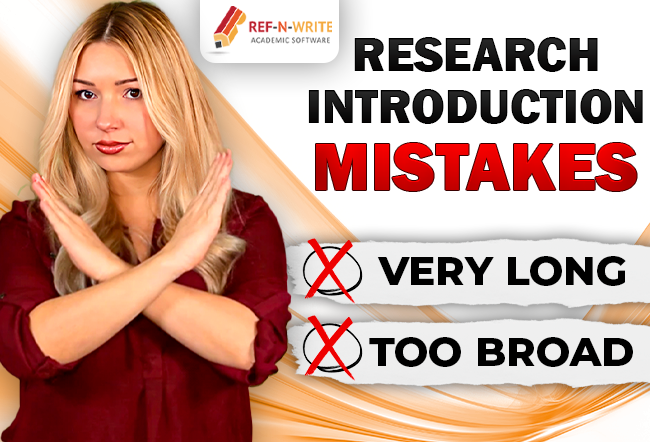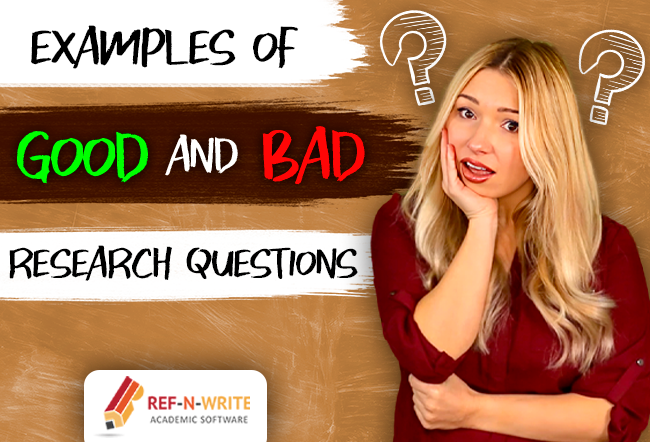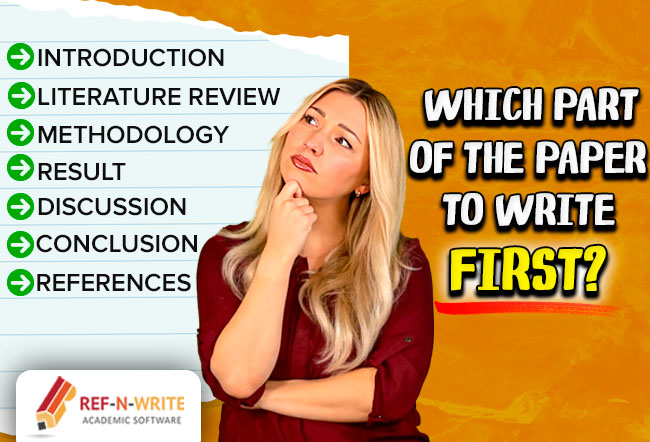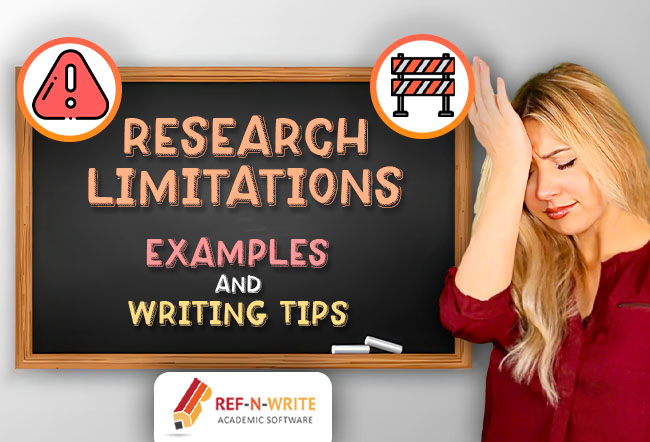In this blog, we explain various writing difficulties faced by international students and introduce the concept of ‘imitative learning’.
1. Introduction
Academic and scientific writing involves a specific skill set because it requires ideas and arguments to be communicated in a very formal, precise and structured manner. It is important for writers to have genre specific and audience specific knowledge. Furthermore, the use of appropriate tone for the field and usage of disciple specific vocabulary is crucial for writing scientific papers. In particular, non-native English speakers find it difficult to craft the language such a way that it is acceptable to the target audience. These skills are hard to acquire and may require years of writing papers, articles, and journals before one can perfect the writing.
2. Writing difficulties of students
According to the survey by Dong (1998), following are some main issues of concern in higher education with regards to academic writing: (1) students show more writing difficulties with discipline specific, genre specific and audience specific knowledge; (2) non-native English speakers find it difficult to appreciate the subtleties of the language; (3) faculty report spending far more time working on non-native graduate students; and (4) students suffer most when they do not share the expectations of their tutors and peers. Some of the concerns raised by the students in their own words include: (1) ‘How to express an idea or to organize a set of sentences to make myself clear and academically acceptable? ‘; (2) ‘I am having difficulty in expressing more accurately and clearly what I want to say’; (3) ‘It is demoralizing to see nasty red marks everywhere’; and (4) ‘It will be nice to be more specific in her [my advisor] comments, less judgemental, and to give me more freedom to write in my own style’.
3. Imitative learning approach
As a non-native English speaker, who was an international student, and now a research scientist, I completely agree with the findings of Dong (1998). When I was a student, I faced similar difficulties, in particular, with using disciple specific vocabulary, choosing an appropriate tone for the field and communicating in formal written language. A lot of my colleagues suffered from similar problems. I was heavily dependent on my supervisor to correct my reports, point out my mistakes and provide me with suggestions to rectify them. For example, when a student writes a scientific journal, it ideally goes through quite a few iterations before it is submitted. It is a cyclic process, where the supervisor comments on the report and sends it back to the student, and then the student revises the document by addressing the comments raised by the supervisor and sends it back. This process is repeated until the document is perfected. I was constantly advised by my supervisors to look back at previous documents with the similar genre and learn from my peers. I found this approach very useful since, I was able to make a note of choice of terms, phrases and sentence structures used by my peers and later bootstrap them in my writing. Even though the practice of above-explained method is very time consuming, it had a significant improvement in the quality of my writing, which was evident from the significant reduction in the red marks in the documents reviewed by my supervisor after I started to practice this approach.
In the literature, this approach is generally known as ‘imitative learning’, where students learn by emulating their peers. A comprehensive review of the advantages and disadvantages of this approach is given in Jones (2003). According to Jones (2003), copying phrases and sentence structures from previous documents is generally recognized as a genuine form of learning. This was the motivation behind the creation of software tool, ‘REF-N-WRITE’.
4. Motivation behind Ref-n-write tool
The REF-N-WRITE tool is inspired by the problems I faced as a non-native English speaker during my academic and research career spanning over 6 years. This tool was gradually developed over years to help me write my research papers efficiently. In summary, REF-N-WRITE helps users to search for subject-specific information and language ideas from previous documents of similar genre. The users can use this information to practice imitative learning to improve their academic writing skills.
References
1. Y.R. Dong, “Non-native graduate students’ thesis/dissertation writing in science: self-reports by students and their advisors from two U.S. institutions”, English for Specific Purposes, 1998.
2. A. A. Jones, “Imitation, copying, and the use of models: report writing in an introductory physics course”, IEEE Transactions on Professional Communication, 2003.
3. F. Marton and R. Saljo, “Approaches to learning”, In The experience of learning, Edinburgh: Scottish Academic Press, 1984.
4. J.B. Biggs, “Teaching for quality learning at university”, Buckingham: Society for Research into Higher Education & Open University Press, 1999.







how can I getting this software
good afternoon Sirs
i am a PhD student in geoinformatics and surveying at the University of Nigeria Nsukka, Enugu Campus
i’m a non native english speaker, as you said , i face te same difficulties, can i have this full software for free?
what is the link to download properly
Thanks
Good day Sir,
i am an MSc. student of Geodesy and Geodynamics in the department of Geoinformatics and Surveying at the University of Nigeria Nsukka, Enugu Campus (UNEC) in Nigeria
I am a non native english speaker, as you said in your write-up and i face the same difficulties, can i have this full software for free?, if yes, how and
what is the link to download same without difficulty.
Thanks a lot in anticipation